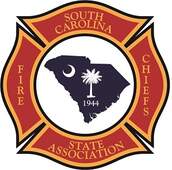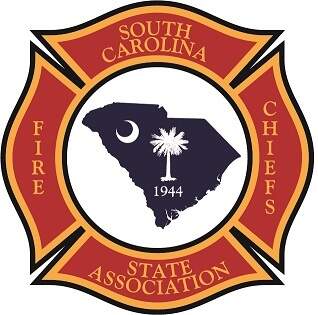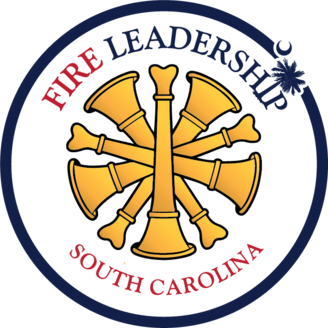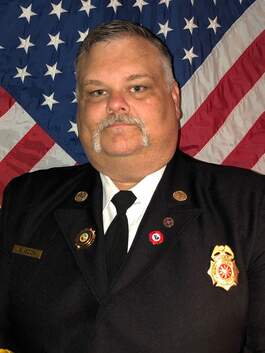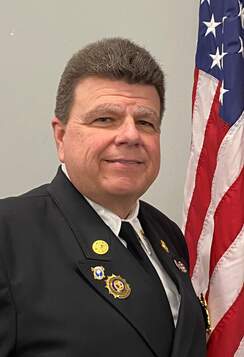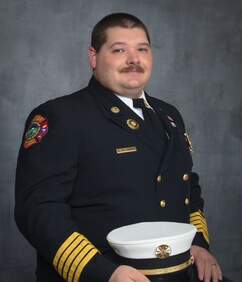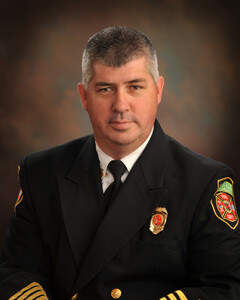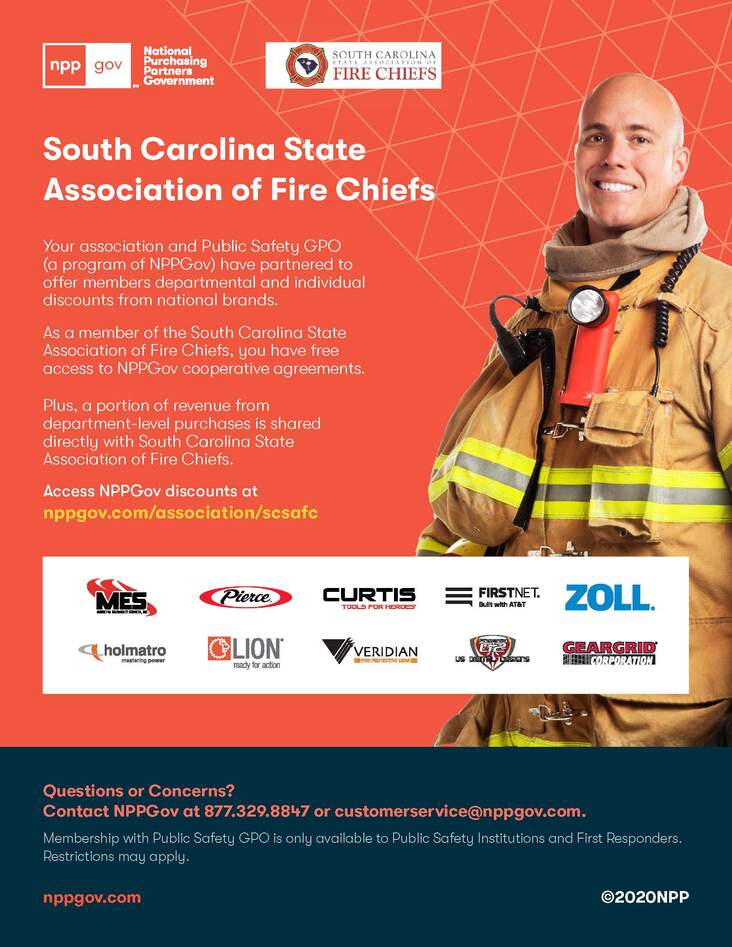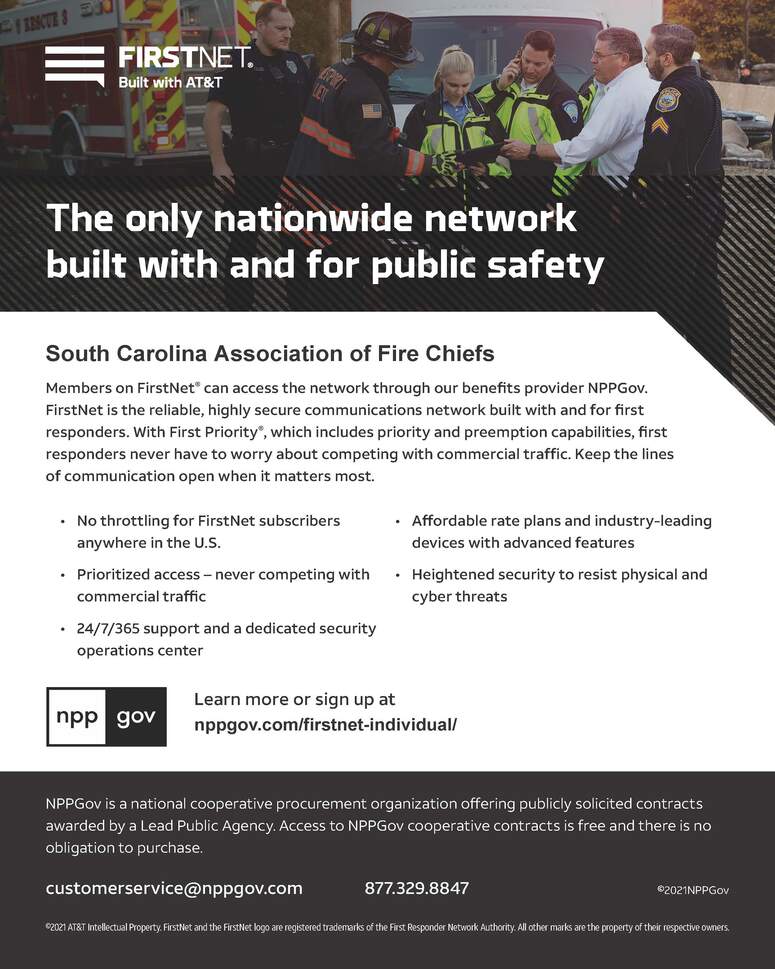Welcome
Message from the President
On behalf of the entire Executive Committee of the South Carolina State Association of Fire Chiefs, welcome to our website. We hope that you will visit often as a conduit to keep you, our members, informed of events and opportunities throughout the year. For the past 80 years, this Association has worked to be a means of improving our state fire service through leadership education and cooperation with other fire service associations throughout South Carolina. This is only possibly when we all actively engage in the process. I encourage you to take full advantage of the opportunities that our Association has to offer.
If I can be of any assistance to you, or your department, please do not hesitate to contact me at any time.
Working together for a common good,
Chief Billy Gibson
President, SC State Association of Fire Chiefs
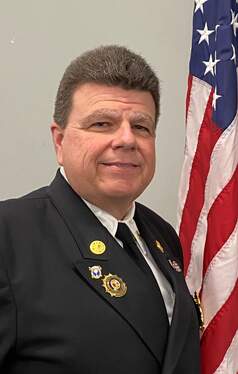
SC State Association of Fire Chiefs
Email Listing
If you would like to be added to receive
email blasts from the
SC State Association of Fire Chiefs,
complete the information below.

Mission
To provide volunteer and career fire service managers, both public and private, throughout the State of South Carolina, with information, education, services and representation to advance their professionalism and capabilities.
80th Annual Fire Leadership South Carolina will be held September 23-25, 2024 at the Embassy Suites in Kinston Plantation, Myrtle Beach, South Carolina
EXECUTIVE COMMITTEE
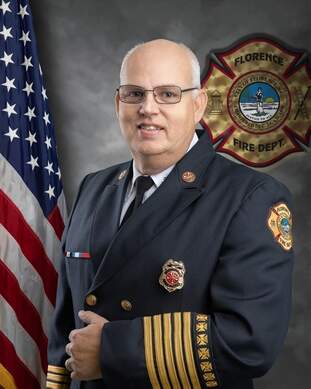
3rd Vice-President
Chief Shannon Tanner
Florence Fire Department
stanner@cityofflorence.com
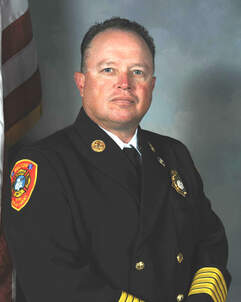
Executive Director
Chief Alan Sims, Retired
SCSAFC
(c) 864-844-4819
executivedirector@scfirechiefs.com
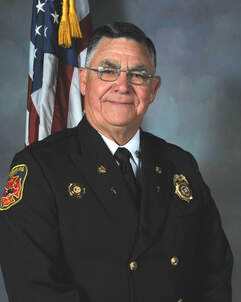
Chaplain
Chief Gene Ball, Retired
Orangeburg County Fire District
(c) 803-682-1118
firechapball@gmail.com
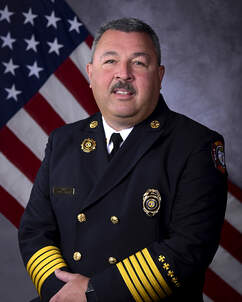
SC State Director - SEAFC
Chief Chris Smith
Oconee County Emergency Services
csmith@oconeesc.com
Bulletin Board & Articles
npp gov
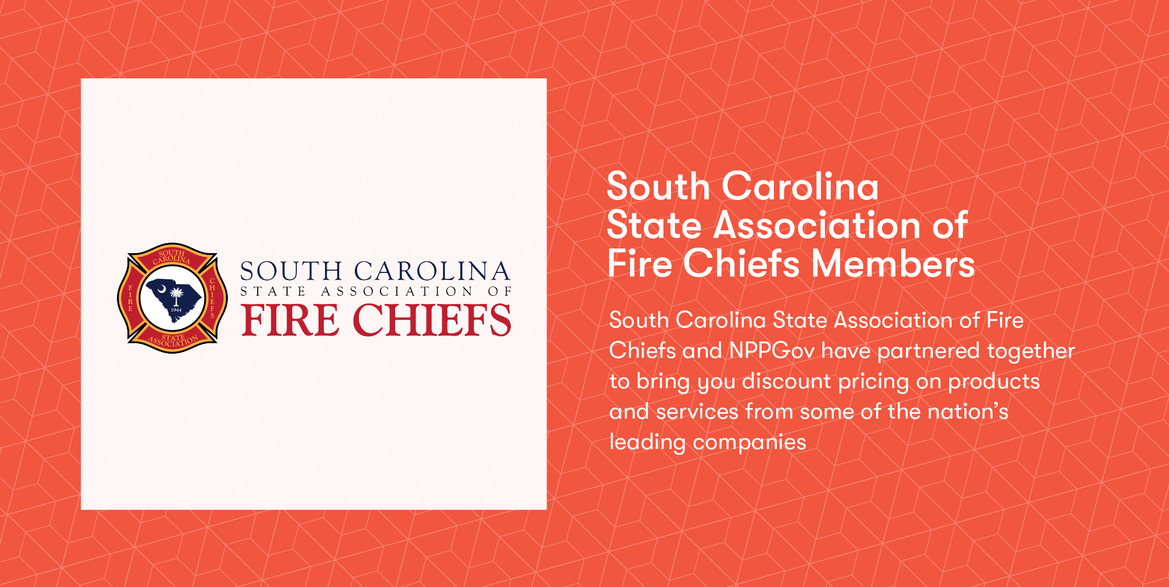
The Economy and Fire Apparatus
The current economy is having a ripple effect on all aspects of our lives, including the fire service with the fire apparatus industry. In the past, manufacturers were able to project cost and availability of components and vehicle chassis up to 24 months in advance. However, the current economic climate has made it difficult to even project 6 months in advance. The volatile economy, along with record inflation rates, has led to increased transportation costs, as well as fluctuating prices for raw materials and components. As a result, manufacturers are faced with the challenge of predicting future costs and to plan production accordingly. In addition, the current economy has led to a shortage of human capital. With more people opting for job stability, there are fewer workers with the skills and experience necessary to excel in the fire apparatus industry.
“To no surprise, the pandemic has been unfavorable to this area of the business, but it is our mission to secure supply to meet the demands of our Production and Aftermarket Partners.” said Kristina Spang, Vice President, Aftermarket Product & Support at Pierce Manufacturing. “In this relentless pursuit for supply, we are constantly battling capacity, delivery, and of course cost.”
As with all markets, the fire apparatus industry is facing significant challenges in the areas of human capital, supply chain, and carrier reliability. These challenges are having a negative impact on the economy and the future cost of fire apparatus.
The biggest challenge in human capital is the shortage of qualified workers. This shortage is exacerbated by the fact that many of the workers who are qualified to work in this field are nearing retirement age. There is a need for more young people to enter the field and receive the training necessary to replace those who are retiring. This shortage of workers has forced manufacturers to reassess manufacturing needs and consider options such as robotics, increased automation and potentially a more focused product offering.
The supply chain for fire apparatus components also represents a major challenge. The cost of transportation has increased significantly in recent years, making it more difficult for manufacturers to get components to where they need to go. Additionally, many components are only available from a limited number of suppliers, which can lead to situations where manufacturers are forced to pay higher prices for components. The two most impactful areas of supply chain are on vehicle chassis and electronic components. Since there are a limited number of OEM manufacturers for chassis, this has become a challenge to get the chassis as well as long term production planning for future orders.
Carrier reliability is a third factor affecting the fire apparatus industry. Carrier reliability refers to the ability of companies that transporting the chassis to the manufacturers for assembly, as well as the transport and delivery of completed fire apparatus on time and in good condition. Unfortunately, many carriers have been unable to meet minimum acceptable standards in recent years, which has led to delays and order cancellations.
To add insult to injury in this process, the Request for Proposal (RFP) formal purchasing process for apparatus can often be a lengthy and complicated one, full of red tape and delays. It can add an average of 240 days to the purchasing process, which ultimately extends the delivery time even further. This can often lead to changes in prices and other terms, which can cause delays and frustration for both the municipality and the fire apparatus manufacturer. However, it is important to remember that the RFP process is designed to ensure that the municipality gets the best possible value for their limited public funds. In the end, it is important to be patient and allow the process to run its course.
Cooperative purchasing, also known as piggy backing, utilizes cooperative agreements between two or more government entities for the procurement of goods and services in an efficient and effective manner. Cooperative contracts are typically established by lead public agencies who select vendors through a competitive solicitation process.
"We're in a time of great economic pressure," said Mike Duyck, CEO at Hughes Fire Equipment. "Fire Departments are under pressure to serve rapidly growing communities. Making sure they have the infrastructure in place at the right time, given the supply chain lead time challenges, has become even more difficult. Knowing the right steps to take and leverage the tools available like cooperative purchasing can make future growth forecasts align with capital purchase and apparatus replacement schedules."
In summary, cooperative contracts provide a streamlined procurement process for municipalities to purchase goods and services while still getting the best value for their taxpayers. They also typically shorten the time it takes to place an order, as well as provide more favorable terms and conditions with the manufacturer based on a consortiums total member purchase volume flowing through the contract. With the uncertainty of today economy and inflation, these agreements bring stability and support to its users in their purchasing process. For these reasons, cooperative purchasing is an attractive option for municipalities looking to save time and money on their next purchase.
By: Bill DeMars “Executive Director” NPPGov
